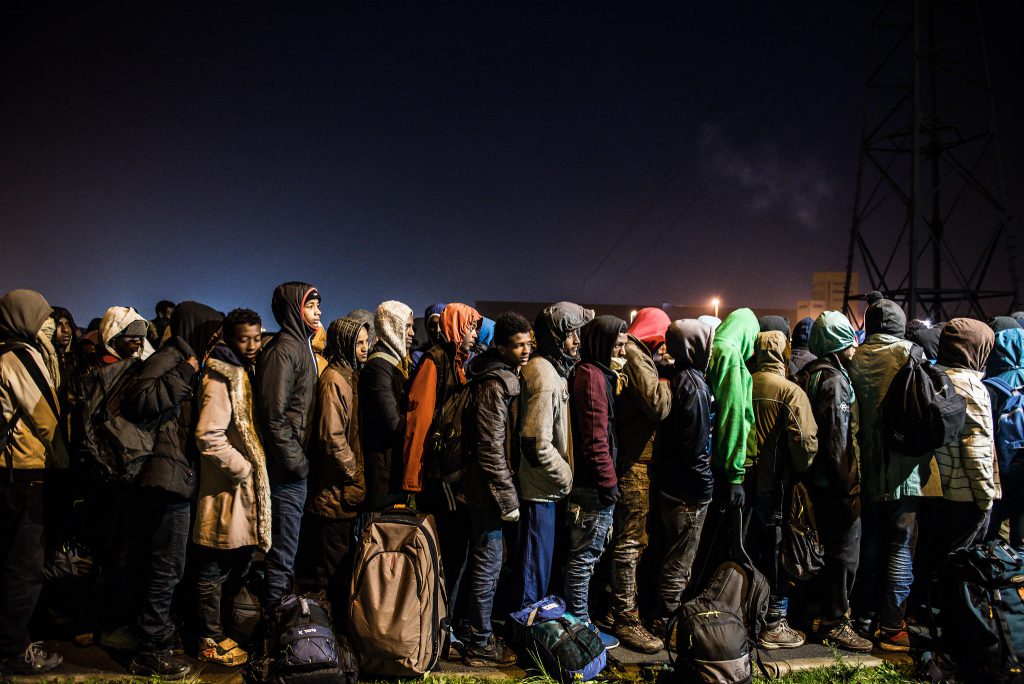EuroMed Rights publishes today, on the same day as the Conference of EU Ministers of Home Affairs, its detailed analysis of the new EU Pact on Asylum and Migration released last September 23rd.
To sum up the more than 500 pages of documentation, the New EU Pact on Asylum and Migration dehumanises migrants and refugees, treating them like parcels to be sorted and preventing them from moving across Europe. This Pact raises several human rights concerns, some of which are highlighted below:
The EU distorts the notion of solidarity. The Pact clearly aims to “rebuild mutual trust between member states” thus prioritising EU internal cohesion at the expense of migrants’ and refugees’ rights. The proposal leaves the choice to member states to contribute – putting them on an equal footing – to relocation, repatriation, support for reception or externalisation of borders. Solidarity towards migrants and refugees and their fundamental rights are completely forgotten.
The Pact promotes the “security” management of migration. Under the new proposal, migrants and refugees will be placed in detention and deprived of liberty at their arrival. The accelerated procedure envisioned to speed up the asylum request process will only happen at the detriment of asylum laws and applicants’ rights. The procedure will most likely be done in an arbitrary and discriminatory way, looking at the nationality of the applicant, its recognition rate and whether the country s/he comes from is “safe”, which is a dubious notion.
The key idea behind this vision is simple: outsource as much as possible the management of the border through cooperation with non-EU countries. This is aimed at facilitating the returns and readmissions of migrants to the country from which they departed. To do so, the European Border and Coast Guard Agency (Frontex) would see its powers strengthened, and an EU Return coordinator role would be created. The pact risk to provide a de facto legal framework for illegal practices – such as pushbacks, arbitrary detentions and measures to further shrink the asylum space – that are already in place in some member states.
The Pact presents a few “positive” aspects regarding the protection of children or the facilitation of family reunification, for instance. But these good intentions, which must be seen in practice, are drowned in a sea of repressive and security-based measures.
EuroMed Rights calls on EU member states to think of the (im)practical implementation of these measures. Not only do they violate human rights, but they are also impossible to implement on the ground: the responsibility for assessing asylum applications remains to the first country of arrival, without really overcoming the Dublin Regulation. This means countries like Italy, Malta, Spain, Greece and Cyprus will continue to sustain an excessive “pressure” and will encourage them to continue their policies of pushbacks and expulsions. Finally, the Pact does not solve the urgent issue of hotspots and refugee camps in Italy or Greece on transit zones, like in Hungary. On the contrary, it strengthens this dangerous model by taking it as an example to be exported throughout Europe. Recent examples have shown the impossibility to manage such camps humanely.
Read EuroMed Rights’ executive summary and full analysis of the New EU Pact on Asylum and Migration.

